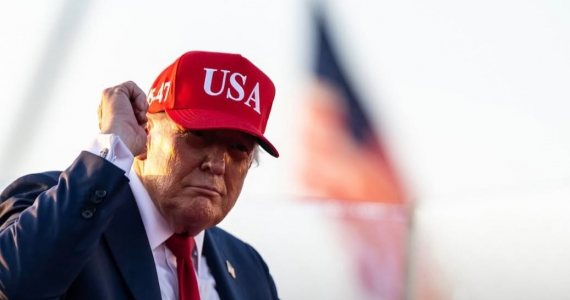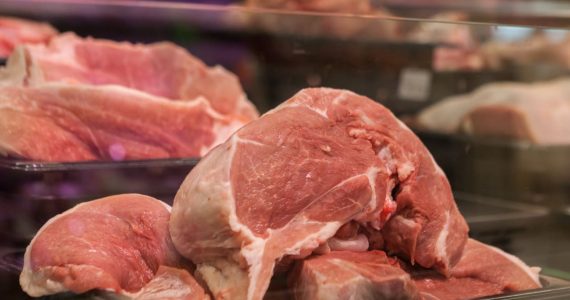When the COVID-19 pandemic devastated small businesses across the country, federal aid provided a lifeline for these struggling businesses. Programs like the Paycheck Protection Program (PPP) helped business owners keep employees on payroll. However, many small business owners, like Wendy’s franchisee Tanveer Sangha, now find themselves locked in legal battles over pandemic aid and their struggle with the Small Business Administration (SBA) for PPP loan forgiveness underscores this ongoing fight for justice.
The Pandemic Aid Battle
At first, small businesses welcomed the PPP as an $800 billion relief initiative. It was designed to help businesses pay workers and keep operations running. Yet, four years later, nearly 4% of PPP funds remain unforgiven. Now, business owners like Sangha are challenging SBA decisions that demand repayment, even after following the program’s guidelines.
Tanveer Sangha took out a $332,863 PPP loan to keep his three Wendy’s restaurants operating. The loan allowed him to avoid layoffs during the worst of the pandemic. However, the SBA later demanded that Sangha repay the loan, citing his business’s ineligibility. The agency argued that a past issue with Sangha’s father disqualified the franchise. Sangha disputes this, asserting that the SBA’s decision conflicts with the program’s purpose.

Systemic Issues With SBA’s Loan Programs
The SBA’s approach to pandemic aid sparked criticism for inconsistent rules and delayed responses. Critics argue the agency favored well-connected businesses over smaller, family-owned operations. As a result, larger companies secured aid quickly, while many small businesses faced obstacles and delays.
SBA officials have since emphasized program changes aimed at improving equity. For example, a 2021 Government Accountability Office report found better loan distribution among minority-owned businesses. Despite these updates, many cases remain unresolved, with denied applications piling up. Small business owners continue to demand fairness and clear communication from the agency.
Legal Hurdles and Discrimination Claims
Across the country, small business owners are taking the SBA to court, citing wrongful denials. Many claim the agency’s decisions were discriminatory. In one case, an East African rideshare driver from Seattle was denied aid. The SBA mistakenly linked him to a person on a foreign sanctions list. After a lengthy legal battle, the driver ultimately settled for $62,500, but the damage was done. Cases like his point to broader concerns about the SBA’s handling of minority-owned businesses.
Records also show that large corporations have fared much better. Financial firms and real estate companies managed to force the SBA to forgive millions in loans. They did so despite rules disqualifying certain business types. Small business owners, however, struggle to match that legal power. Most lack the resources for long, costly lawsuits, and a court victory doesn’t guarantee swift repayment.

The Impact on Small Business Operations
Like many others, Sangha now faces tough decisions. The SBA’s refusal to forgive his PPP loan affects his ability to expand and invest. He planned to use the funds to retain employees, upgrade equipment, and open new locations. However, he has put those plans on hold due to the uncertainty surrounding the loan. As he continues to operate two Wendy’s restaurants, Sangha hopes to preserve his family’s legacy and protect his employees’ jobs.
Other small businesses, especially those in service industries, face similar setbacks. Many of these owners have turned to lawsuits as a last resort, holding the government accountable for promised aid. While large corporations have successfully navigated the legal system, smaller businesses face an uphill battle. They lack the financial resources to endure long court fights.
Future of Pandemic Aid Relief
As pandemic aid lawsuits grow, pressure builds on the SBA to review its eligibility criteria. Lawmakers are now calling for more transparency and accountability from the agency. This demand is particularly strong as small businesses struggle with ongoing financial challenges. Programs like the Restaurant Revitalization Fund attempted to prioritize minority-owned businesses. However, these efforts were undermined by legal obstacles and limited resources.
Despite these hurdles, many business owners like Sangha remain determined to fight for fair treatment. The outcomes of these cases could shape the future of government aid programs, influencing how relief efforts operate in future crises. Small businesses continue to push for justice, and the SBA’s decisions are now under a closer spotlight than ever. The agency’s actions may set a precedent for supporting small businesses through turbulent times.




